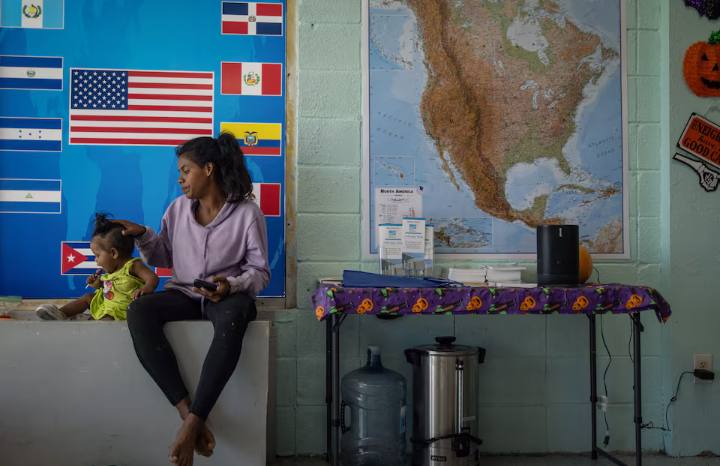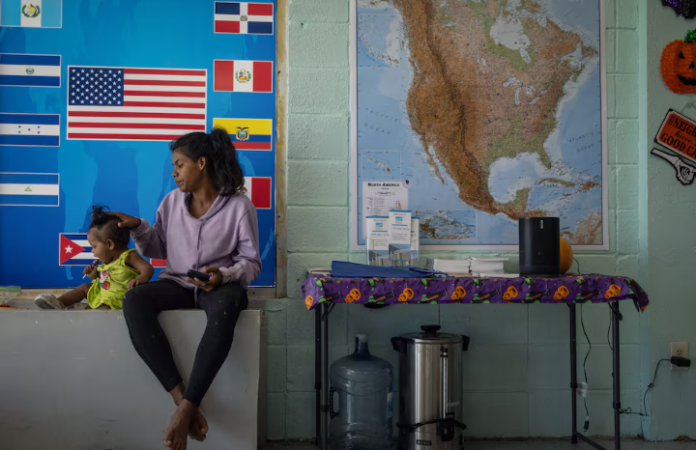In a significant policy shift, the Trump administration has announced the revocation of temporary legal status for approximately 530,000 migrants from Cuba, Haiti, Nicaragua, and Venezuela. This decision, effective April 24, 2025, marks a substantial change in U.S. immigration policy and has far-reaching implications for the affected individuals.
Background: The Humanitarian Parole Program
Under the previous administration, a humanitarian parole program was established to address escalating levels of illegal immigration from these four countries.
This initiative allowed migrants to enter the United States legally by air, provided they had U.S. sponsors, and granted them a two-year parole period during which they could live and work in the country. The program aimed to offer a controlled and legal pathway for individuals fleeing economic hardship and political instability.
The Revocation Decision
The Department of Homeland Security (DHS) announced that the humanitarian parole program would be terminated, effectively stripping the legal protections previously afforded to these migrants.
The DHS stated that the original justification for the program—to enhance border security—no longer applies, citing a significant reduction in illegal immigration from these nations. As a result, the administration has determined that the program is no longer necessary and has moved to end it.
Implications for Affected Migrants
The revocation of legal status means that the affected individuals will lose their work permits and protections against deportation as of April 24, 2025. The DHS has indicated that those who do not voluntarily depart the United States and lack any lawful basis to remain will be subject to removal proceedings. This development places over half a million people in a precarious position, facing potential deportation and the loss of livelihoods.
Legal and Political Reactions
The decision has sparked a range of reactions from legal experts, advocacy groups, and political figures. Critics argue that revoking the humanitarian parole program is a harmful and counterproductive move that breaks commitments made by the previous administration and creates chaos for the affected individuals.
They contend that many of these migrants have established lives in the United States, contributing to communities and the economy, and that abruptly ending their legal status is unjust.
On the other hand, supporters of the decision assert that the humanitarian parole program was an overreach of executive authority and that its termination is a necessary step to uphold the integrity of U.S. immigration laws. They argue that the program undermined American workers and that ending it is in line with efforts to prioritize the interests of U.S. citizens.
Future Considerations

The revocation of the humanitarian parole program raises several critical questions about the future of U.S. immigration policy. One immediate concern is the potential for increased deportations and the humanitarian impact on the affected individuals and their families. Additionally, this decision may influence U.S. relations with the countries involved, particularly if large numbers of deportees are returned.
Furthermore, the move sets a precedent for the handling of similar programs in the future, including those established for migrants from other countries facing crises. The administration’s stance on humanitarian parole and other immigration relief measures will likely be a subject of ongoing debate and legal challenges in the coming months.
Conclusion
The Trump administration’s decision to revoke the legal status of over 530,000 migrants from Cuba, Haiti, Nicaragua, and Venezuela represents a pivotal moment in U.S. immigration policy. As the April 24 deadline approaches, the affected individuals, advocacy groups, and policymakers will be closely monitoring the situation to understand the full impact of this significant policy change.



